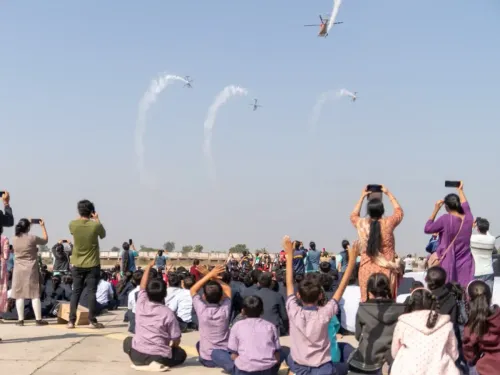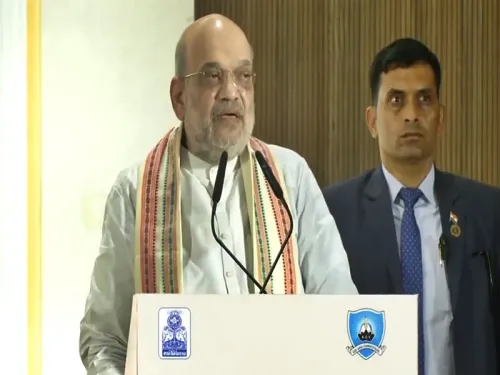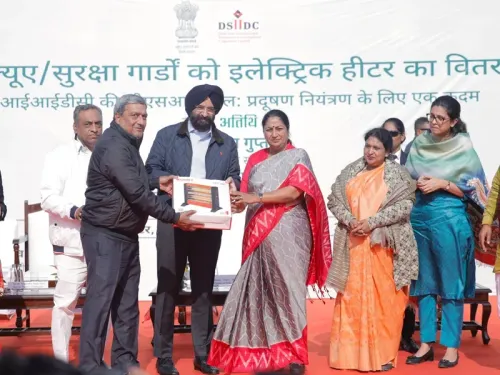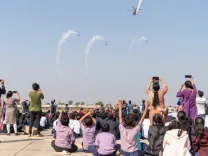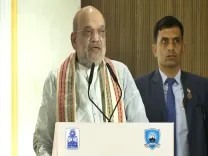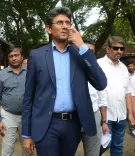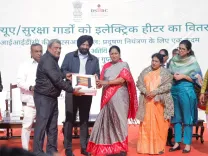Will India Take Firm Actions Against Terrorists and Their Supporters?
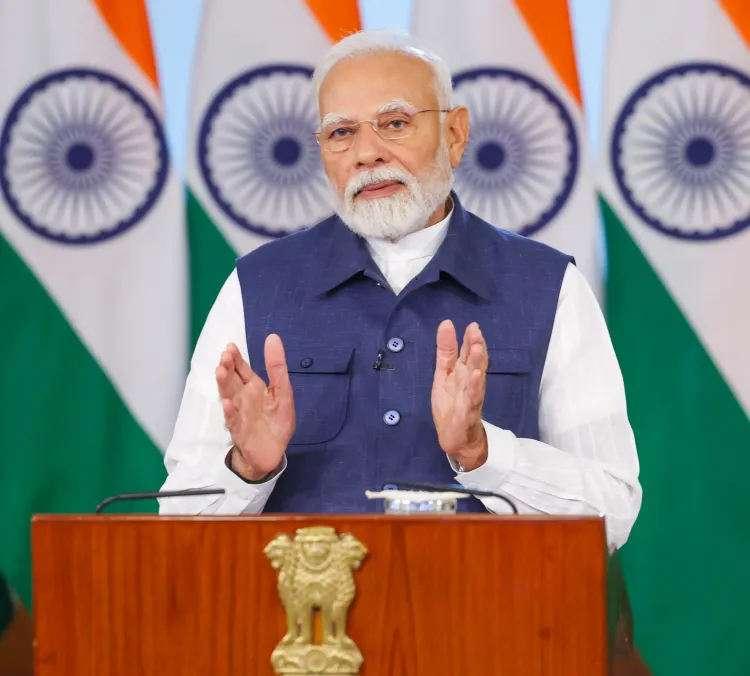
Synopsis
Key Takeaways
- India's commitment to combat terrorism is reaffirmed by PM Modi.
- Decisive actions include suspension of treaties and closing borders.
- The attack in Pahalgam was one of the deadliest in recent years.
- International support plays a crucial role in India's fight against terrorism.
- PM Modi emphasizes a no-compromise approach to national security.
New Delhi, May 3 (NationPress) Prime Minister Narendra Modi on Saturday reiterated India's steadfast commitment to take decisive action against terrorism and its supporters. His remarks were made in the wake of increased tensions between India and Pakistan after the tragic terror attack in Pahalgam, Jammu and Kashmir (J&K), which claimed the lives of over 26 innocent civilians.
During a joint press conference with Angolan President Joao Manuel Goncalves Lourenco, PM Modi asserted, "We stand united in our fight against terrorism. I extend my gratitude to President Lourenco and the Angolan people for their condolences to the victims of the Pahalgam attack."
"We are dedicated to taking strong and resolute actions against terrorists and their backers. We appreciate Angola for its support in our battle against terrorism," he emphasized.
The deadly attack was executed by four heavily armed terrorists affiliated with The Resistance Front (TRF), a faction linked to the Pakistan-based terrorist organization Lashkar-e-Taiba.
It was confirmed that two of the attackers were Pakistani nationals. Emerging from the thick forests, they opened fire indiscriminately on a group of tourists, marking one of the most lethal terror attacks in recent memory.
In response to the April 22 attack, the Indian government promptly convened a high-level Cabinet Committee on Security (CCS) meeting on April 23, presided over by PM Modi, where several critical resolutions were made regarding Pakistan.
India declared the suspension of the Indus Waters Treaty and ordered the closure of the Attari border.
Furthermore, it revoked all visas granted to Pakistani nationals, launched a comprehensive crackdown on Pakistani YouTube channels and X accounts, and downgraded diplomatic relations by reducing High Commission staff, effectively sending numerous diplomats back to Islamabad.
After the CCS meeting, PM Modi issued a strong warning, stating that India would leave no stone unturned in its quest for justice.
"We will identify, trace, and hold accountable every terrorist and their supporters. We will pursue them to the ends of the Earth," he affirmed, emphasizing the nation's aggressive approach to terrorism.
India's response represents a significant escalation in its counter-terrorism strategy, indicating a no-compromise stance on national security and terror threats originating from across the border.


